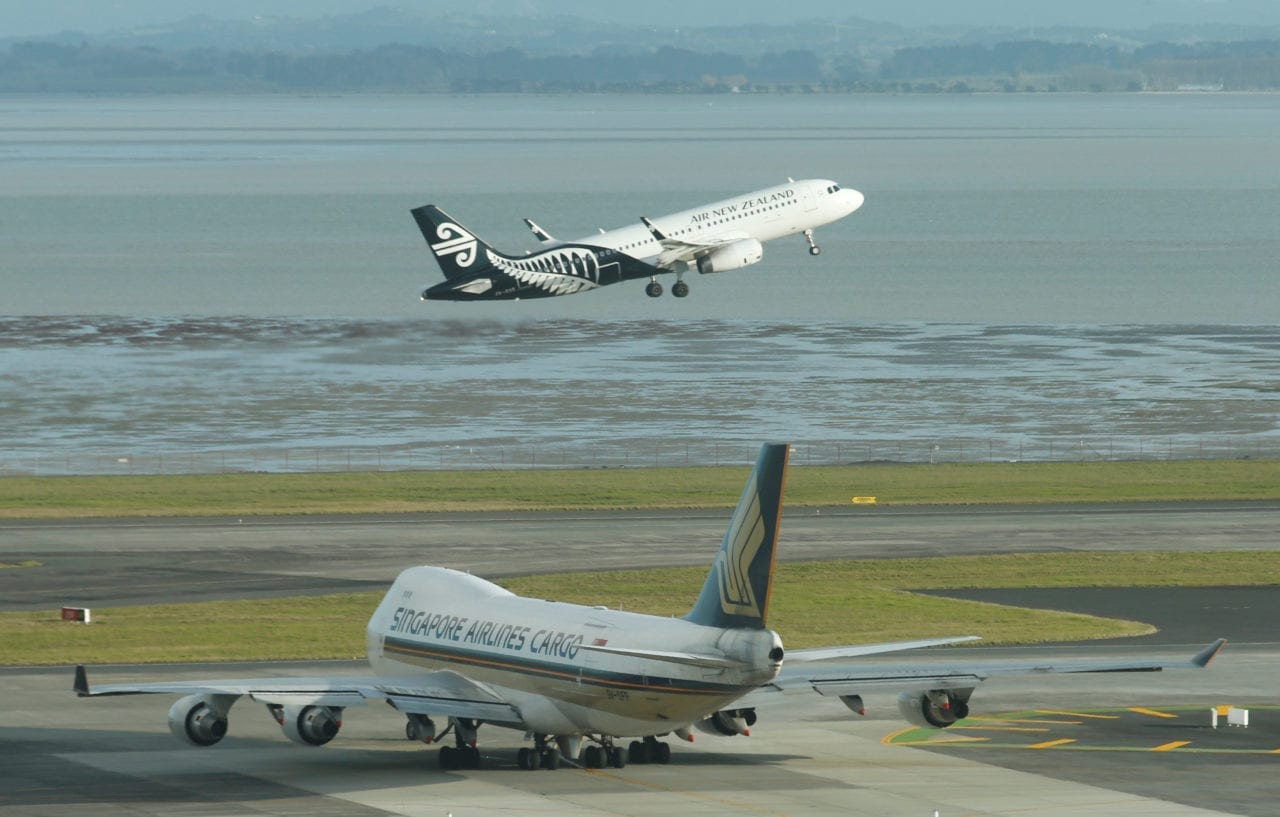
Singapore Airlines said Friday (Sep 21) it has stopped accepting lion bones for cargo after the carrier was singled out in a report for transporting the animal parts from South Africa.
Campaigners have long called for a ban on the controversial trade in big cat bones, which are sought after for medicine and jewellery in Southeast Asia.
Singapore Airlines was the sole carrier importing lion bones from South Africa to Southeast Asia last year, according to a report released in July by the non-profit EMS Foundation and animal rights group Ban Animal Trading.
At least 800 lion skeletons had been exported with the blessing of the South African government in 2017, the report said, making it the world’s largest exporter of lion bones.
The airline told it had stopped accepting lion bones as cargo, but did not say when the policy had come into effect.
“Singapore Airlines does not accept the carriage of lion bones as cargo following a review which took into account increasing concerns around the world,” the company said in an email.
EMS Foundation director Michele Pickover said her organisation had sent the report to the airline and “appealed to them to immediately stop its involvement in this terrible trade”.
“I believe that once they were informed about what this trade entails they took the correct and logical decision not to support it,” she told.
South Africa has been sending lion bones to Southeast Asia since at least 2008 and it was likely that Singapore Airlines had been transporting them since that year, Pickover added.
Lion bones and other body parts are highly sought after in parts of Southeast Asia – particularly Laos, Thailand and Vietnam – for use in jewellery and for their supposed medicinal properties.
In Vietnam, lion bone is cooked and turned into balm while claws and teeth were used as body ornaments, the report said.
While trade of body parts from wild lions is banned, international treaties allow the sale of parts taken from lions bred in captivity.

